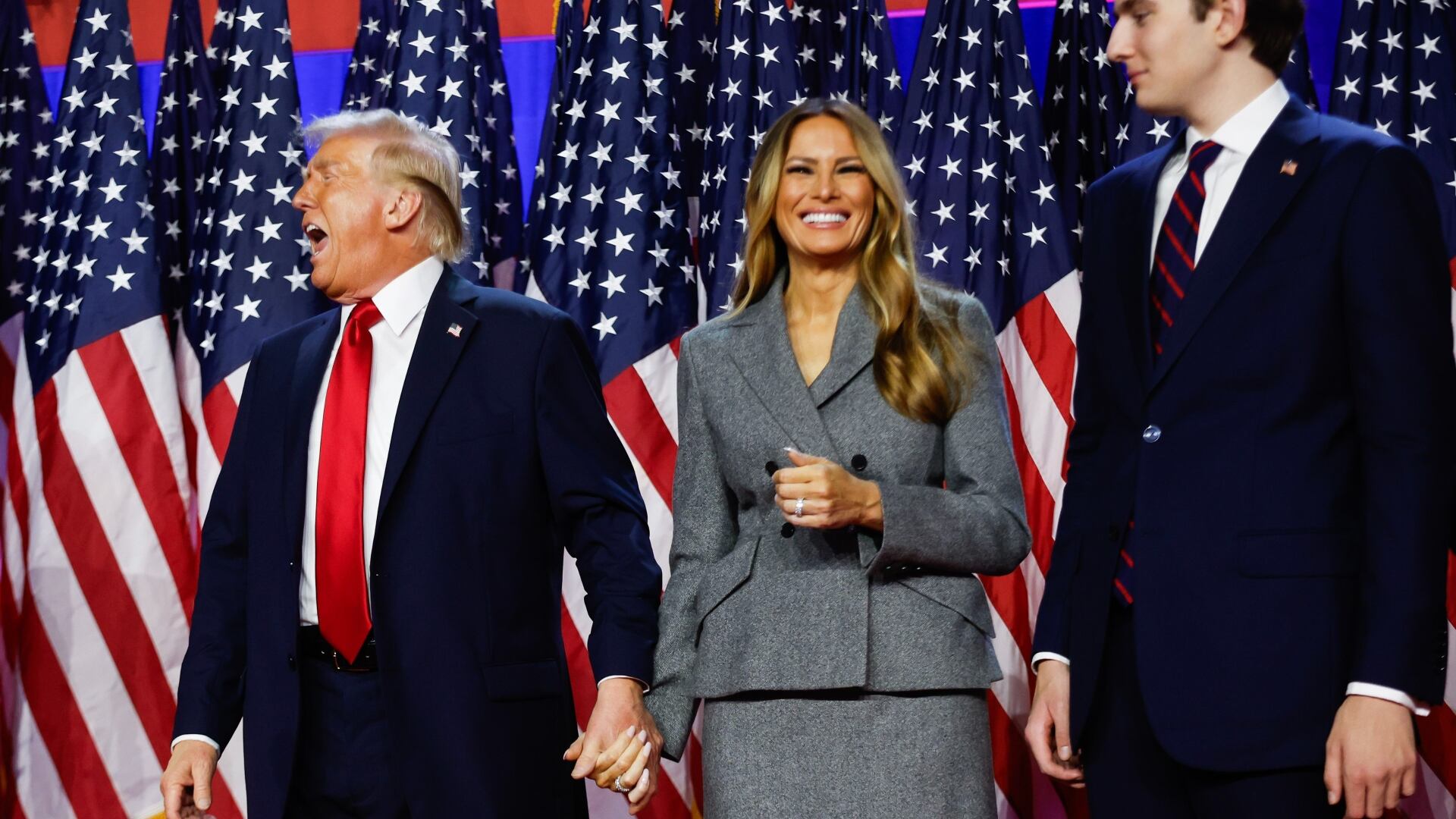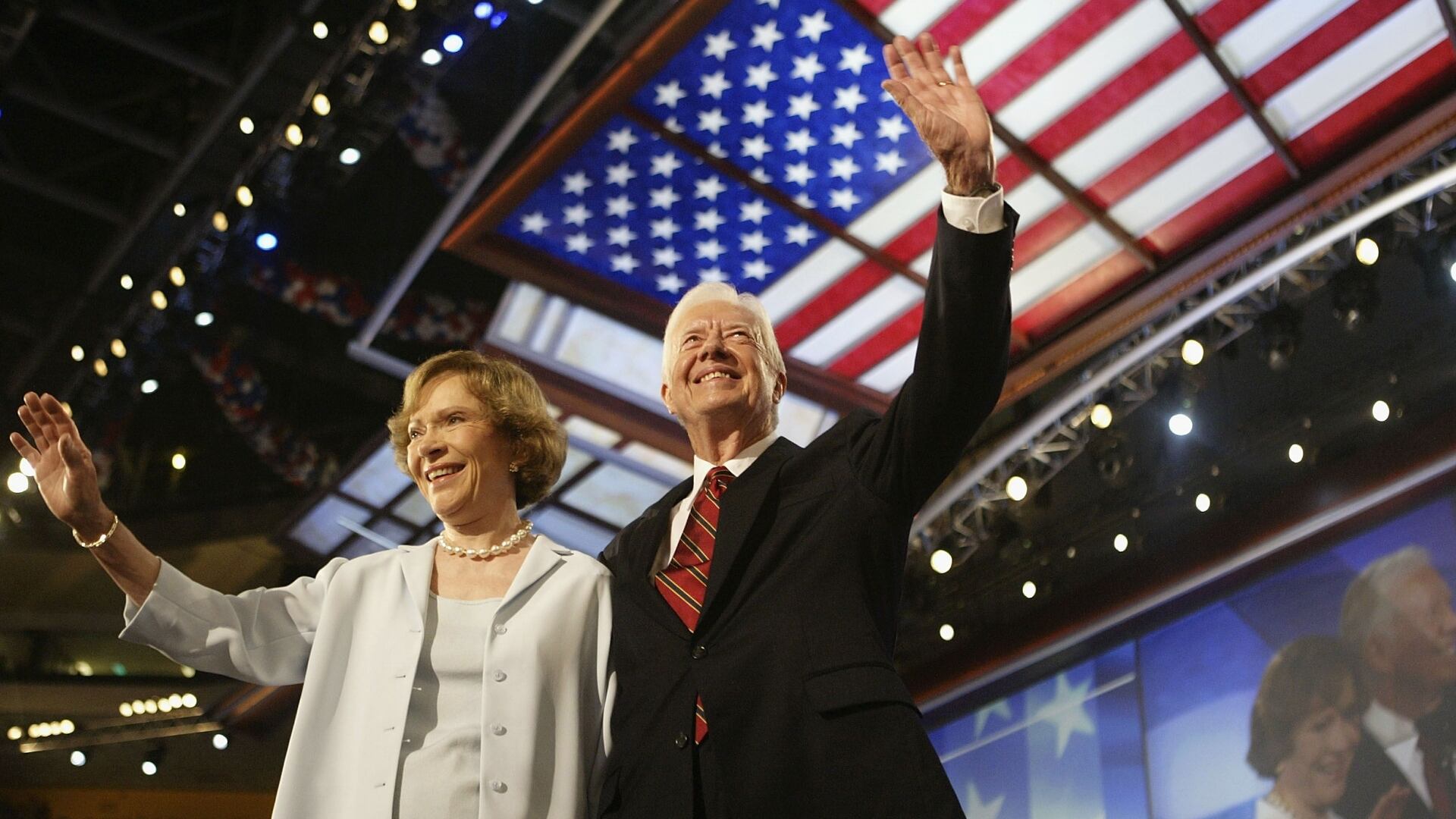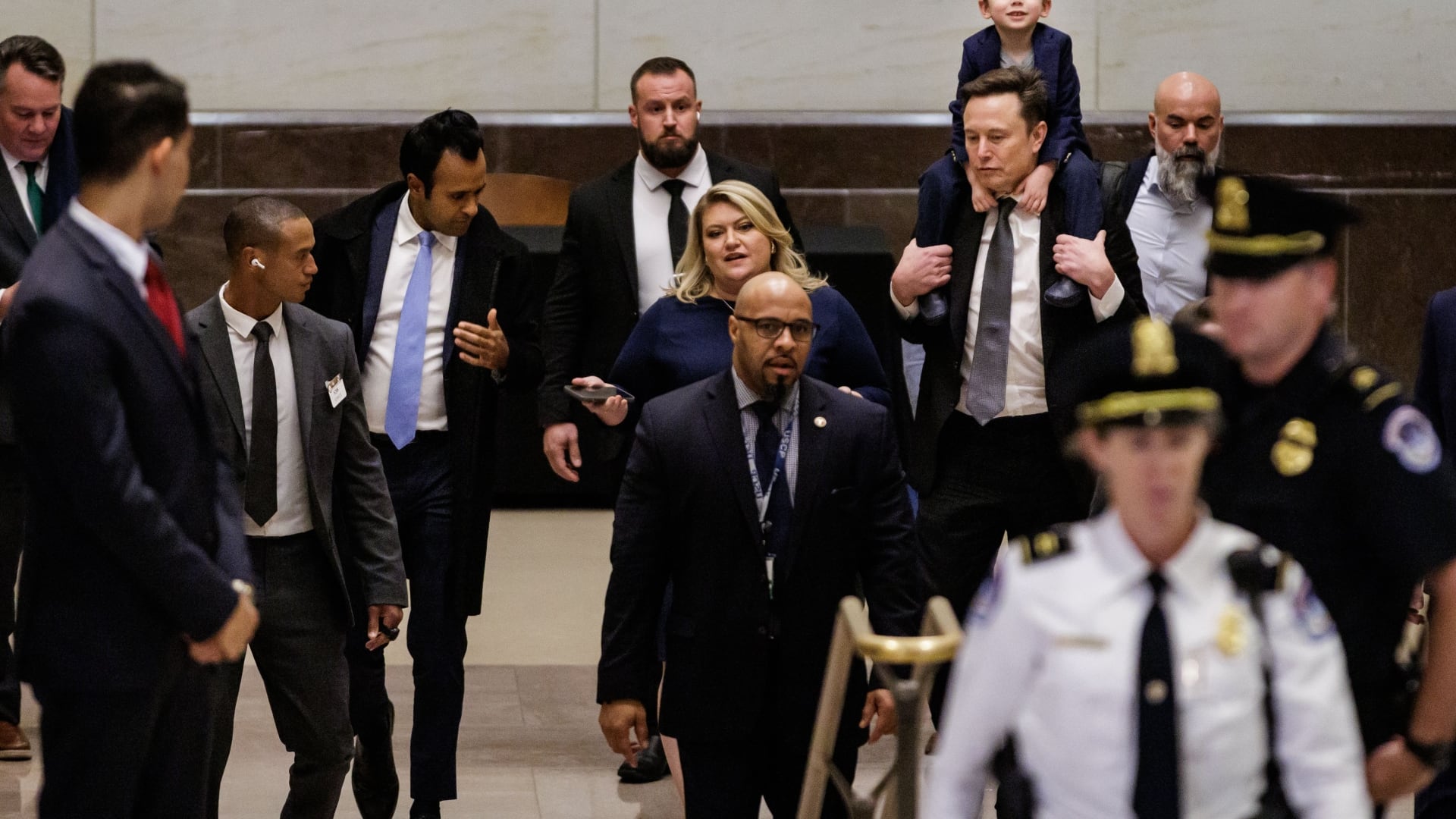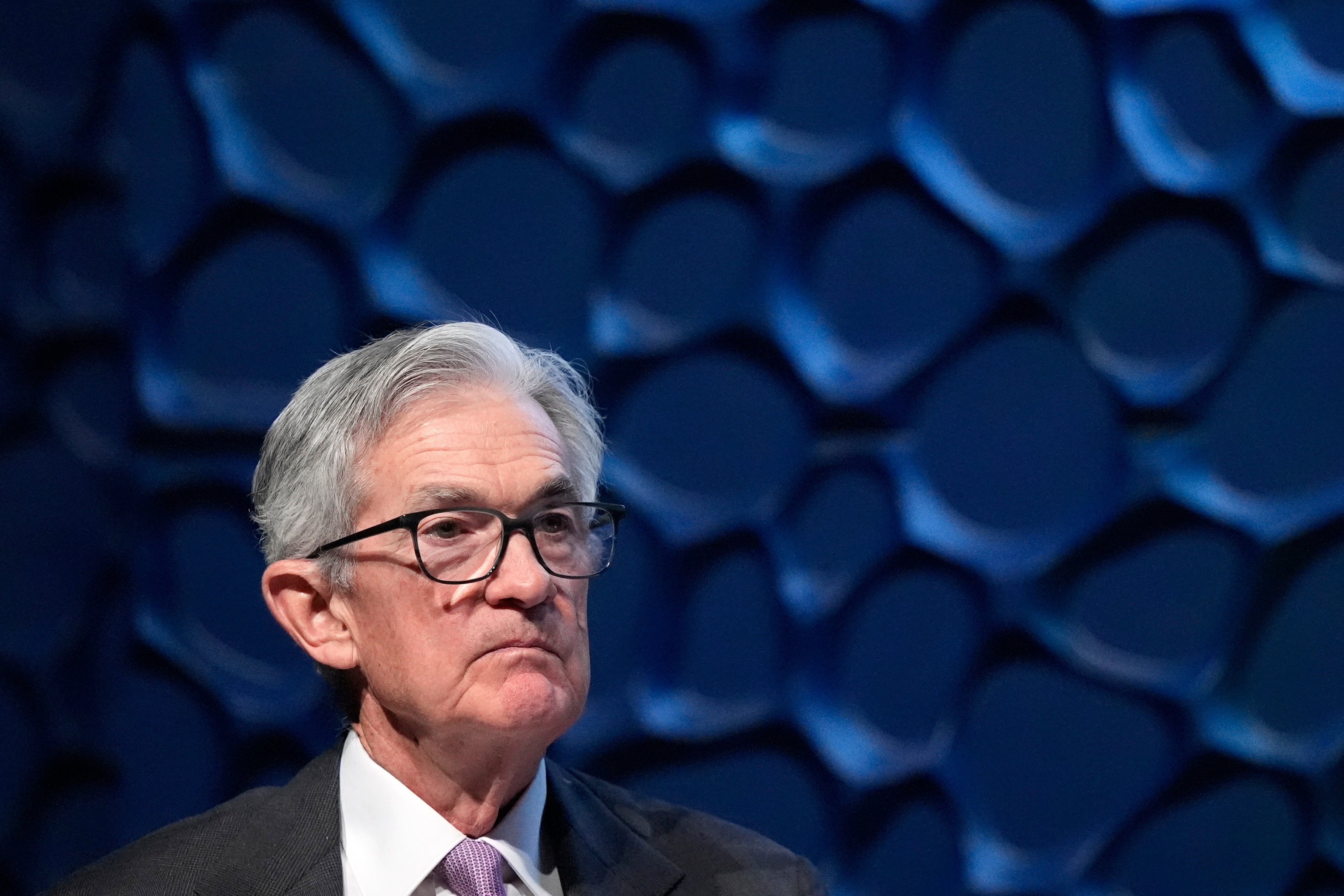Rep. Tim Ryan (D-Ohio 13th District) said on Friday that the $1 trillion stimulus package currently being negotiated by lawmakers won't be nearly enough to make Americans whole again.
"Quite frankly I think the package that we're seeing coming out of Washington, DC is not even close to meeting the big need that we have," Ryan told Cheddar. "I think we need to be talking more like $2 trillion than $1 trillion, and at least a trillion for the workers."
The former Democratic primary candidate also advocated for bolstering unemployment insurance to ensure that people are making the same amount they did before their jobs.
"These are really essential things to keep the workforce safe, so when we go to kickstart things back up again, they're ready to slide back into the jobs that they lost," he said. "We need to be thinking much, much bigger and in much more innovative ways."
One important thing to keep in mind about this economic crisis, Ryan added, is that federal investment, in this case, won't grow the economy but merely keep it solvent, which may be difficult to swallow for those seeking a return on their investment for any kind of stimulus.
"This isn't like the Great Depression where you put money in people's pockets and then they go out and buy stuff," he said. "Now you're giving people money and basically saying pay your rent, pay your mortgage, pay your auto loan, and then buy food because you can't go anywhere."
The representative also believes the current package is skewed toward companies rather than workers and doesn't want to bail out companies without specific conditions banning stock buybacks or corporate bonuses.
"This is revealing the kind of corruption and rotting of the supply-side economic theory," he said. "The same people that just got the huge tax cuts are coming to the taxpayer to ask us to bail them out. So they get all the profits, and then they socialize the losses."












